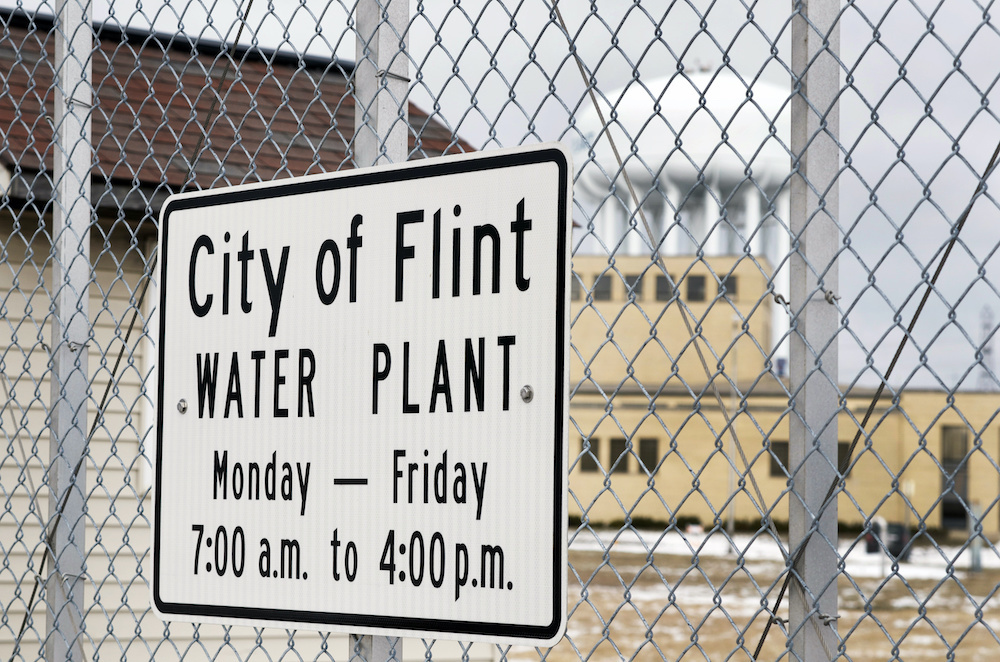ANN ARBOR, Mich. (Legal Newsline) - The federal judge overseeing litigation over the Flint water crisis has granted preliminary approval to a $641 million settlement, funded mostly by Michigan taxpayers, that could generate $100 million in fees for private attorneys.
Describing the lead contamination of Flint’s water system as a “mass tort accident,” U.S. District Judge Judith E. Levy said the proposed settlement is fair to city residents including thousands of children who will receive money as compensation and for treatment for neurological damage. The settlement provides payments according to a grid based on a claimant’s age and level of exposure, as well as for property owners and businesses affected by the crisis.
“There may be no amount of money that would fully recognize the harm the residents of Flint have experienced, including their anxiety, fear, distrust, and anger over the events of last seven years,” the judge wrote. “Litigation has its benefits, but also its limitations, and the preliminary approval of this settlement does not affect or preclude other avenues of redress.”
The judge gave class members until March 29 to file objections or opt out of the settlement. Lawyers must file their request for fees, which will be paid out of settlement funds, by Feb. 26. Michigan has already said it won’t object to fees sought by plaintiff lawyers, who fought a bare-knuckled campaign to gain control over the litigation. The lead plaintiff firms are Cohen Milstein, Napoli Shkolnik and Levy Konigsberg.
The judge also rejected complaints by the city of Flint and others that the registration requirements are too onerous or the expected payments too low. Without documentation, she wrote, “any person could submit a claim for payment and deplete funds that should go to children, adults, and homeowners or renters.” Claimants will be required to supply evidence of blood or bone lead tests and proof of occupancy.
The settlement would end lawsuits against the Michigan, the city of Flint, and several other defendants. A bellwether trial is set for June 4 against non-settling defendants including Veolia Water, the Environmental Protection Agency and engineers involved in shifting Flint’s water supply. Judge Levy scheduled a fairness hearing for final settlement approval July 12.
The Flint water crisis occurred after the city switched its water supply from Detroit, which had a history of dramatic price hikes, to the Flint River in 2014 without investing in treatment equipment to protect its aging lead pipes from corrosion. Children's blood-lead levels spiked until government officials realized the mistake in 2015, although they never approached levels that were typical for children in the 1960s and 1970s.
